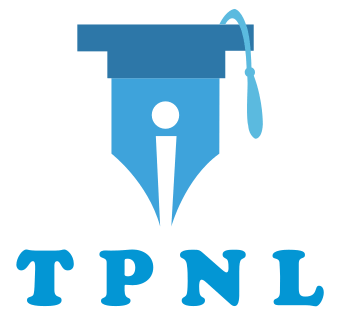New Jersey Institute of TechnologyPrograms
M.A. History
The study of History includes a broad study of world history and the diverse cultural history of the United States, as well as study in the history of science and technology, the history of medicine and health, and environmental, legal, and media history. Students learn to study evidence and weigh its value, argue clearly and persuasively in verbal and written form, and analyze the past in order to understand the present and prepare for the future.
Bachelors in Biochemistry
Biochemistry combines a strong understanding of chemistry, biology, biomedical engineering, physics and computer sciences in order to solve mysteries of the human body starting at the molecular level. From DNA to proteins to ATP and beyond, biochemists apply their knowledge in such diverse areas as detecting cancer cells to analyzing the digestion of food. With such a wide range of possibilities, biochemists often work in a lab group or project team, sharing information with other scientists, doctors, and engineers.
Bachelors in Biophysics
Spanning the distance between the complexity of life and the simplicity of physical laws is the challenge of Biophysics. Biology studies how organisms go about getting food, communicating, sensing the environment and reproducing. Physics looks for mathematical laws of nature and makes detailed predictions about the forces that drive idealized systems. Biophysics teaches students to analyze patterns in life with a thorough understanding of math and physics.
